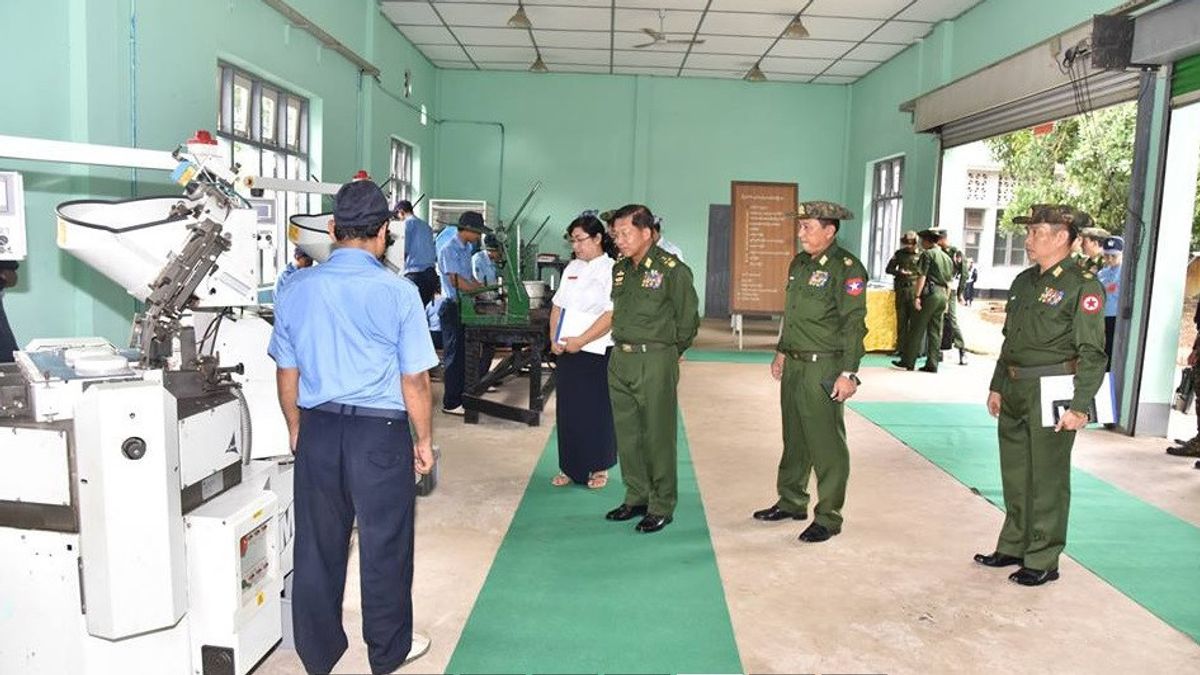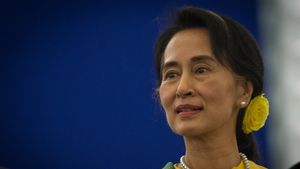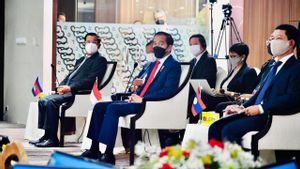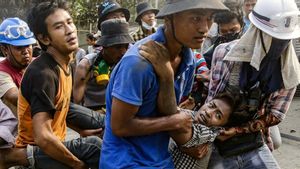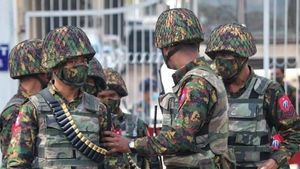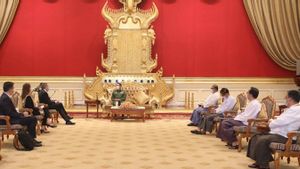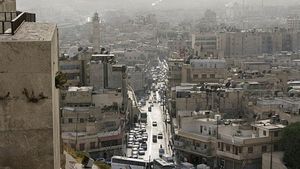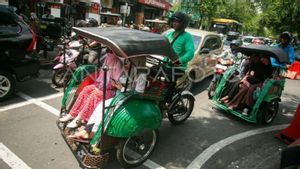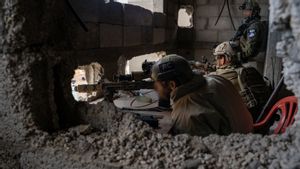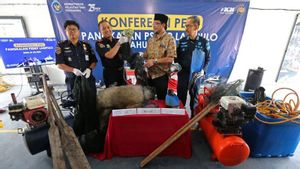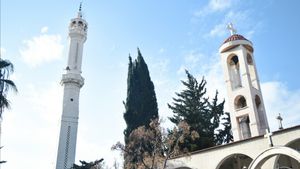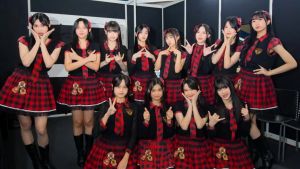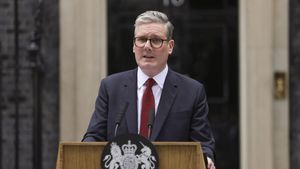JAKARTA - The Myanmar military regime has expanded its ban on imports of living necessities from abroad. The goal is to reduce foreign exchange imports.
In April, the Myanmar military regime imposed a ban on imports of instant coffee, soda, and condensed milk from Thailand. Most recently, this prohibition was expanded to cover the need for washing and bathing.
Launching The Irrawaddy, Tuesday, June 8, the regime banned imports of bath soap, toothpaste, toothbrush, and detergent. The provisions announced last week are said to be aimed at promoting military-run businesses.
However, the Myanmar Ministry of Commerce said this policy was taken to protect Myanmar's independent companies. At the same time to reduce the use of foreign currency, especially in the border trade zone.
It is known that imported bath gel soaps, detergents, toothpaste, and toothbrushes have dominated the Myanmar market because of their higher quality and greater choice than domestic products.

The ban comes days after Min Aung Hlaing's visit to the military-run Padonmar Soap Factory in Mon State last week.
"Manufacturers should try to meet domestic demand for soap and import substitutes", said Senior General Min Aung Hlaing of Myanmar's military regime leader, according to the state-run Global New Light of Myanmar.
Despite newspaper claims that the factory has been making multiple products since 2002, the brand has never been seen for sale before.
Since the February 1 coup, Senior General Min Aung Hlaing has often promoted domestic products, to reduce the amount of foreign exchange spending on imports.
To note, the military has been involved in the country's economy through conglomerates such as Myanmar Economic Holdings Limited (MEHL) and Myanmar Economic Corporation (MEC). Its businesses include banking, brewing, bus service, mining, toothpaste, condensed milk, and other everyday goods.
MEC opened a toothpaste factory in Yangon in 2019 making 'Dentomec' using special machines from Germany and Sweden. But like Padonmar soap, Dentomec toothpaste and brushes are a rare sight in Myanmar.

According to the 2019 United Nations Fact-Finding Mission, the revenue generated by military-owned companies dwarfs that of any civilian-owned company.
One trader said the regime's ban was aimed at promoting its products by robbing it of dominant brands, rather than being competitive and competing fairly.
"Ordinary people will suffer while those with connections will receive import permits. Prices will be manipulated. People who can afford it will have to use substandard products", the trader said, requesting anonymity.
SEE ALSO:
Meanwhile, campaign group Justice for Myanmar (JFM) says the military operates across the economy, like a criminal cartel that must be dismantled.
"It is not surprising that the military is now restricting trade in a desperate attempt to profit from its coup", JFM said.
The Myanmar Coup. VOI editors continue to monitor the political situation in one of the ASEAN member countries. Civilian casualties continue to fall. Readers can follow news about the Myanmar military coup by tapping this link.
The English, Chinese, Japanese, Arabic, and French versions are automatically generated by the AI. So there may still be inaccuracies in translating, please always see Indonesian as our main language. (system supported by DigitalSiber.id)
